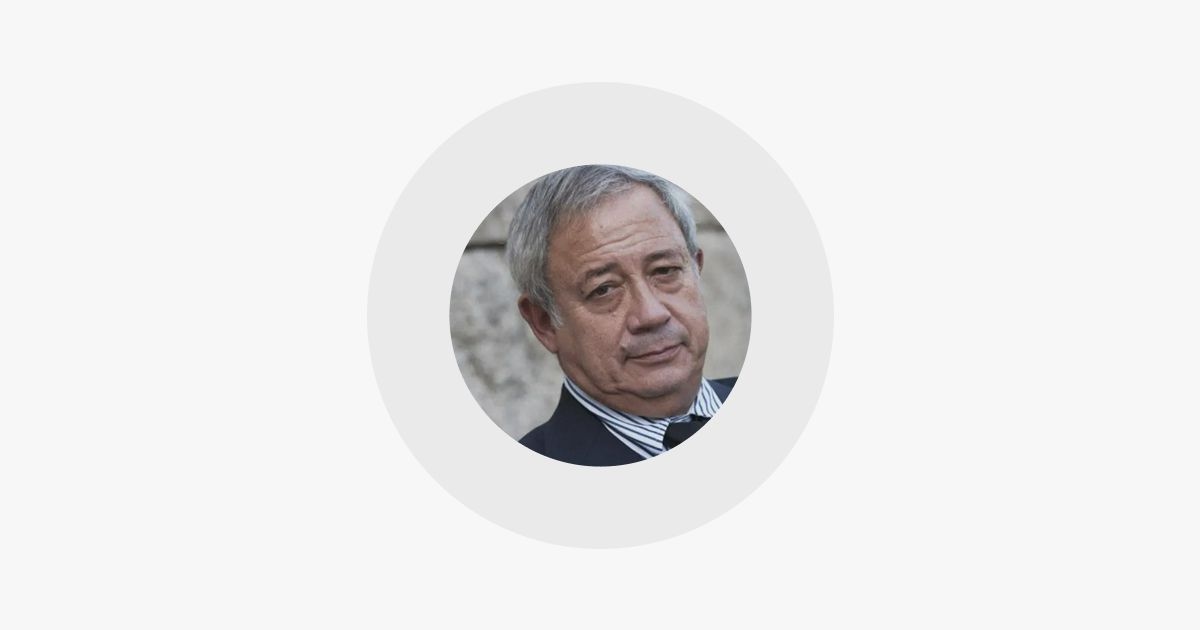Operation Marquês: Court denies Sócrates' request to remove judge and fines him 1,000 euros

The Lisbon Court of Appeal rejected Judge Susana Seca's request for recusal presented by Sócrates in the Operação Marquês case, considering it "manifestly unfounded" and sentencing the former prime minister to a fine of approximately 1,000 euros.
“The judges who make up this panel agree to reject the Refusal Request of the Honorable Judge Dr. Susana Seca, as they believe it to be manifestly unfounded, and, consequently, to declare the request for a preliminary ruling to the Court of Justice of the European Union to be without merit,” determined the panel of judges of the Lisbon Court of Appeal (TRL), in Thursday’s ruling.
José Sócrates' defense team submitted two objection requests at the beginning of the trial, one from the judge presiding over the trial panel, Susana Seca, and another from the Attorney General of the Republic (PGR), Amadeu Guerra, accused by the former Prime Minister of interfering in the process.
Both appeals are accompanied by a request for a preliminary ruling to the European court for alleged violation of Community legislation, in the event of a decision in favor of José Sócrates, which did not occur in this request.
The panel of judges, with Cristina Santana as rapporteur, also sentenced José Sócrates to pay a fine of approximately 1,000 euros, under the provisions of the Code of Criminal Procedure for rejections of requests considered by the court to be manifestly unfounded.
According to the former Prime Minister's defense in the request, Susana Seca should be removed from the process because she is under the influence of the Superior Council of the Judiciary and the working group created by the management and discipline body of judges to specifically monitor the Operation Marquês process.
According to the request, Sócrates' defense criticizes the fact that the working group does not have any member appointed by the defendants' defense and that its communication with the case holders is not known.
“However, there is no concrete action or circumstance that could indicate that the judge in question may have been subjected to any influence or pressure from the aforementioned working group,” the panel of judges highlighted.
Noting that the alleged influence may always be scrutinized during the trial, and that so far “no order, suggestion or attempt at influence has been identified”, the judges find it strange that the defense did not include the remaining members of the panel in the refusal incident.
“Finally, we can only say that we see no other intention for presenting this request for refusal to the court, which is, as we have seen, manifestly unfounded, other than to continue, repeatedly and incessantly, to obstruct the normal course of justice”, concluded the judges.
Eleven years after José Sócrates' arrest at Lisbon airport, the Operation Marquês trial began last Thursday, bringing the former prime minister and 20 other defendants to court and featuring more than 650 witnesses.
The 21 defendants in this case will be tried for 117 crimes, including corruption, money laundering, and tax fraud. Fifty-three hearings are currently scheduled until the end of this year, with subsequent hearings scheduled in the future. During this trial, 225 witnesses called by the Public Prosecutor's Office and approximately 20 by the defense of each of the 21 defendants will be heard.
jornaleconomico





